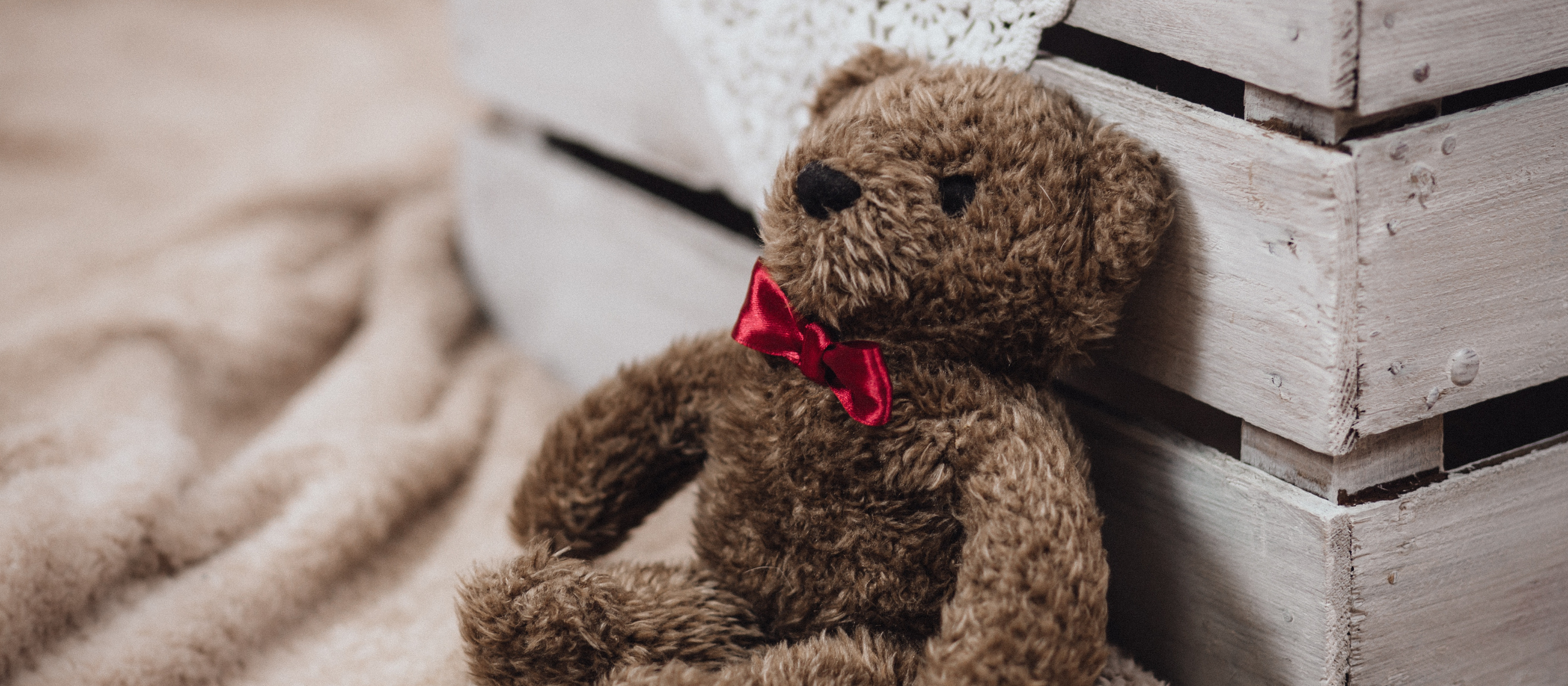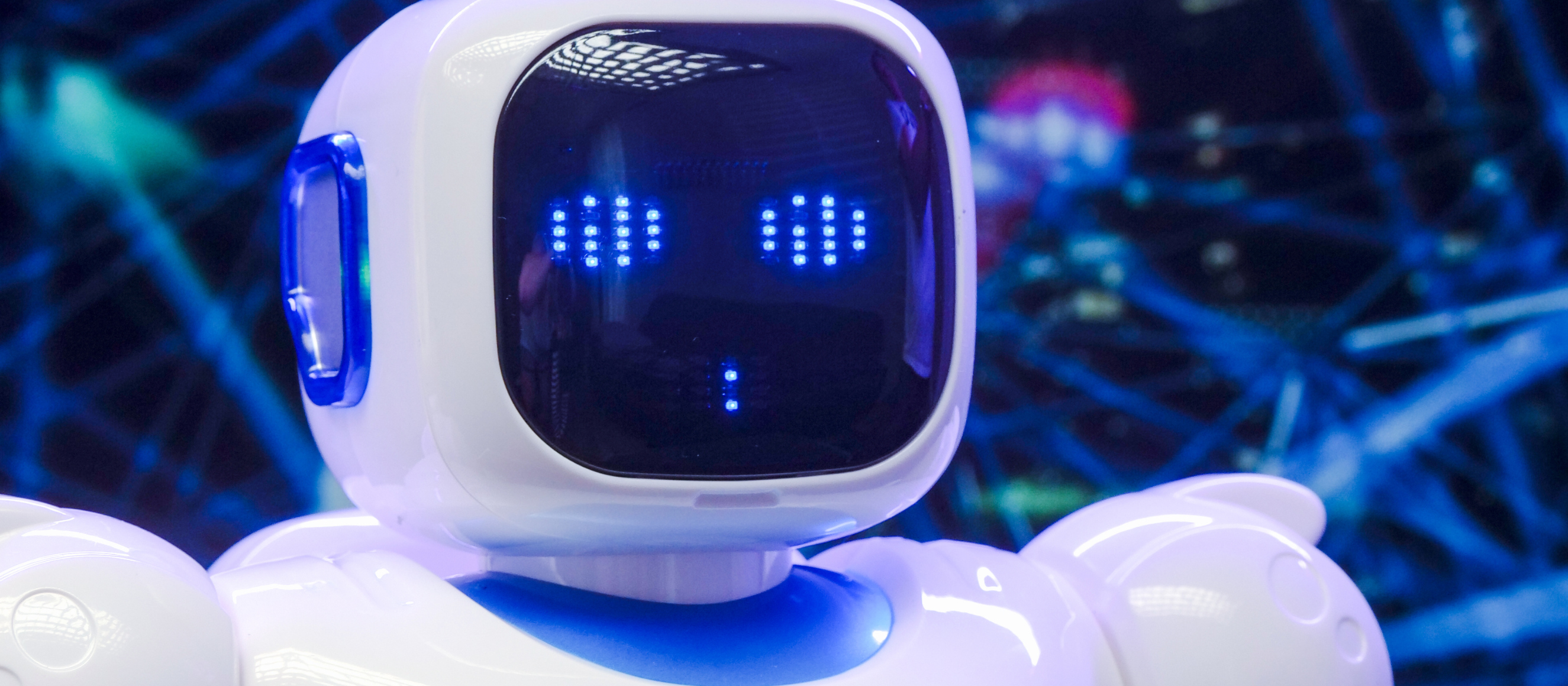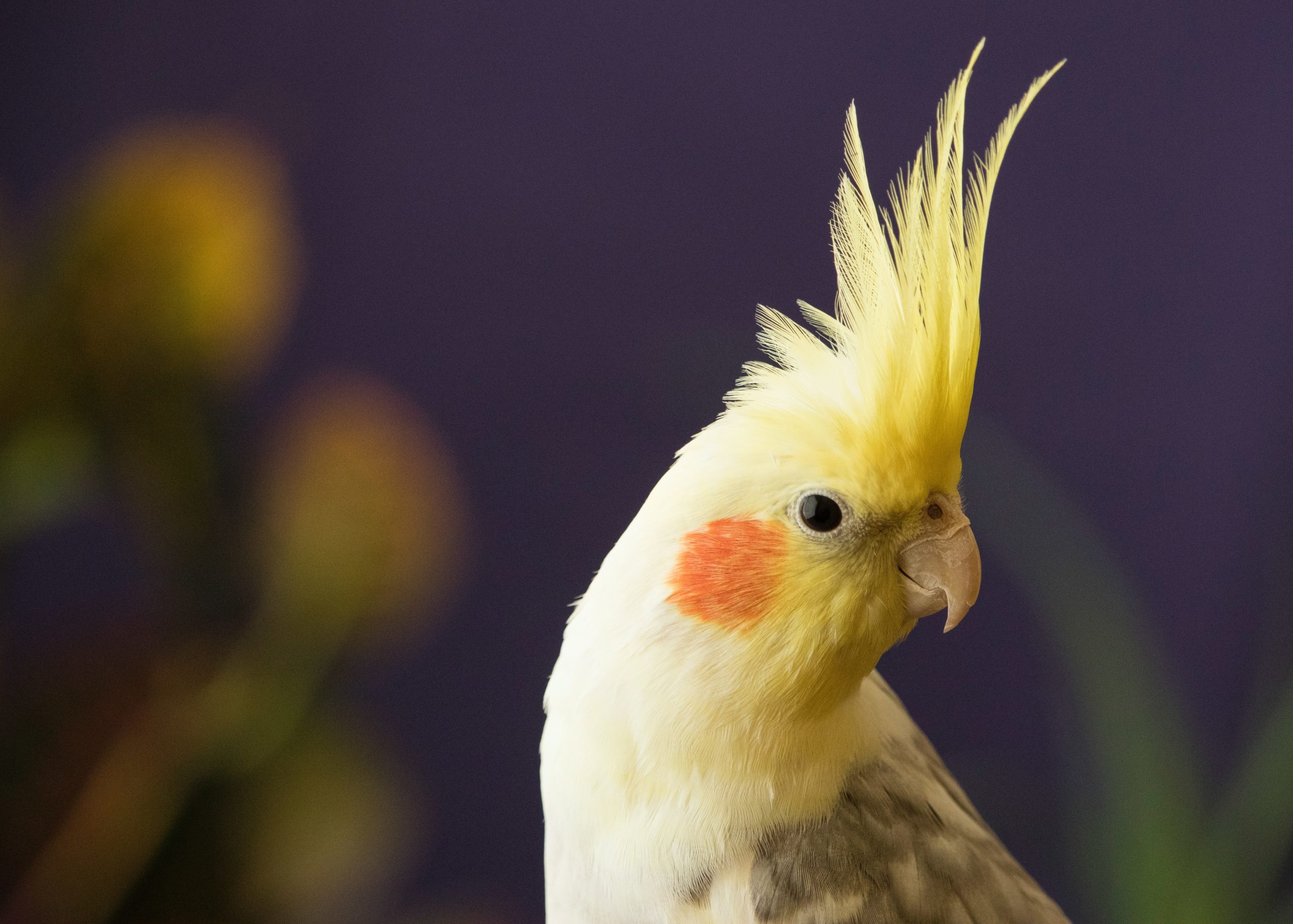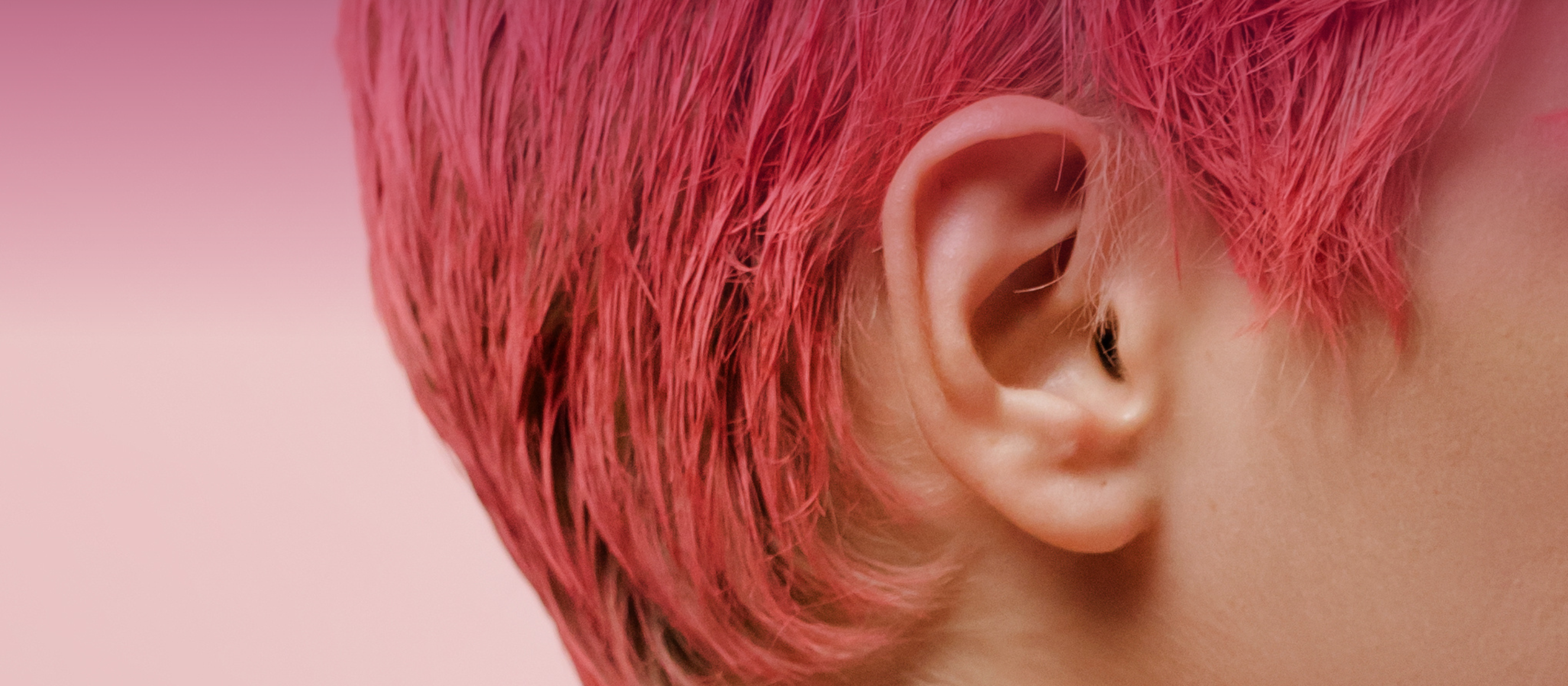By Jesse Mardian
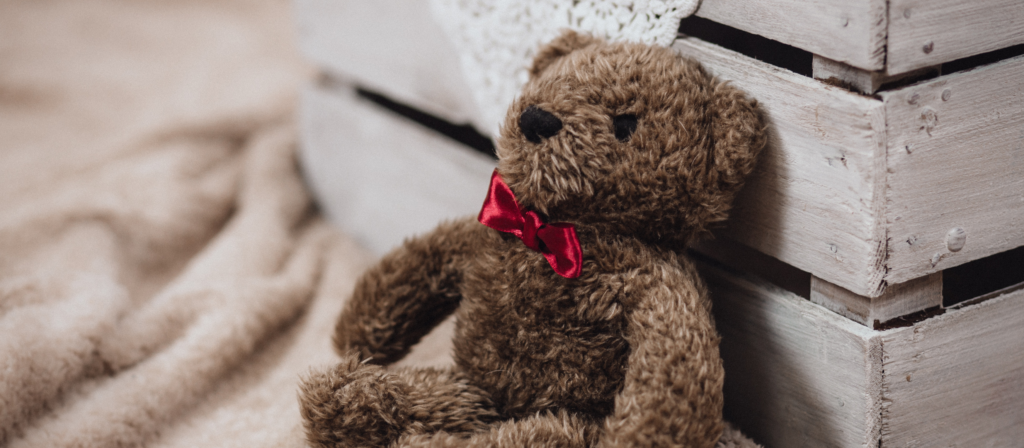
I
The drooling blob named Artemis was sitting in a fresh pile of her own excrement as far as Allister could smell. Her parents, however, did not detect the odor, or perhaps they didn’t care, sipping wine from plastic cups, and laughing as Artemis rolled around the picnic blanket like a wheel of sour cheese.
“Isn’t it just the greatest?” Artemis’s mother was saying.
Her name was Margret, or Margo, or Mary. Her husband beamed beside her. Allister didn’t know his name. But he looked like a Steve.
“Just the best,” Steph said, taking a gulp of the wine.
Allister was glad his wife answered before he could. He felt the sweat pooling around his belly where his own spawn hung, strapped to the baby carrier, head digging into his chest like a battering ram.
“Has he started to roll on his own yet?” Margret, Margo, Mary said.
“He doesn’t have the dexterity, but one day he’ll get those papers nice and tight,” Allister said.
“Huh?”
“Oh, don’t listen to him,” Steph said.
She had met them at the park around the corner and took them up on their offer on what they call a “playdate,” which really was just an excuse to day drink and talk about babies, parenthood, and the implicit sense of loathing. Steph was always doing things like that, chatting up the neighbors, saying hello to strangers as she passed, butting herself into conversations that didn’t involve her. Allister was quite the opposite, going out of his way to avoid any sort of interaction with anyone in a five-mile radius of their home. Out the door, head down, no eye contact—this was the Allister way.
Steve looked like a nice enough guy. He was holding Artemis like a running back holds a football, and his movements were graceful, as if the baby was a part of him, another limb maybe. She clung to his arm seemingly unaware as he rocked her back and forth. He worked in real estate and his wife was a dentist. They were as immaculate as the yard around them, like pruned roses budding in the sun.
“So you’re a teacher,” Steve said.
“Well, I plant the seeds and hope they grow,” Allister said. And that’s as far as the conversation went.
“Are you sleep training little Fin? If so are you using the Ferber method or going cold turkey?” Margret, Margo, Mary said to Steph.
She was getting into Unsolicited Advice Territory (UAT) and Allister guarded himself with a nod and a smile. Parents were always quick to offer strategies that worked for them, he noticed. As though newborns were cookie cutter creations. Gingerbread babies. A jingle played in Allister’s head, don’t do this, don’t do that, don’t hit mom with a whiffle ball bat.
“Ferber?” Steph said.
“Gradual extinction,” Steve said.
“We thought we’d just smother him in his sleep one day,” Allister said.
“Al!”
He hated it when she called him Al. He was not some balding shoe salesman from the Midwest.
Steve explained the methods of sleep training—what to do, how long it took, the desired outcomes—and he went into detail about Artemis’s struggles and how she overcame the dreaded middle-of-the-night meltdown.
“Oh, that sounds tough,” Steph said. “I guess we are just lucky, Finley’s an amazing sleeper. We just put him in his crib every night and he goes to sleep.”
This was not true, but Allister didn’t see the point in contradicting her. The truth was that Finnie slept schizophrenically. Sure, sometimes he went to sleep, sometimes he just stared up at the nanny cam as if he knew he was being watched, other times he moaned, grunted, or went nuclear as he lay in his crib. Allister supposed his wife didn’t want to go into all that. Maybe she was insecure, or maybe she was just as annoyed as him. Probably the former.
The afternoon dragged until eventually it was time for the little zygotes to go down. Margret, Margo, Mary pleaded with Steph to stay. Thank god for short wake windows.
“C’mon, you can dump and pump,” she said.
“Speaking of dump—” Allister was saying before Steph shot him a look.
Thankfully, it was Steph who declined and soon they were home. Arf greeted them as they entered the door. Allister loved the dog and the dog loved him. There was a mutual affection and an unspoken agreement with their relationship that Allister understood. He’d come home, the dog would wag his tail, they would go for a walk. The dog didn’t kick and scream when you tried to help him. He didn’t need to be force-fed. The dog was predictable. The dog understood some vocabulary. But Finnie… Finnie couldn’t do much other than pout, cry, wail, and poop.
Allister patted the dog on the head. Good boy. Arf licked his hand and followed him into the nursery where Allister placed Fin in his crib. For a moment he looked down at the baby, trying to identify certain inherited features. Some said the baby was a spitting image of him, but Allister couldn’t see it. Dimples hid behind chubby, drooping cheeks. An indent on the chin like the remainder of a dainty thumb pressed in dough. An old man’s hairline. Each eye’s lash a dandelion seed. Whose baby was this? He looked more like the mailman than Allister.
Steph lay curled on the couch, her cheeks flushed from the wine. Partitioned sunlight shone through the living room blinds, streaking across her abdomen in jagged little stripes. Allister spooned her and lifted her shirt slowly. He caressed her deflated belly, avoiding the cesarean scar.
“I feel disgusting,” she yawned.
“Shouldn’t have eaten the hummus,” he said, loosening the drawstring of her pants.
“That’s not what I meant,” she said taking his hand in hers and holding it to her chest.
Allister sat beside her as she napped, petting the dog and staring out the window.
Families strolled along the suburban sidewalks. Neighbors watered lawns and did housework. The shrill of children carried from distant backyards. Hopscotch, pavement chalk, T-ball, jump ropes. American flags fluttering in the wind. A serene stillness filled the room and Allister began to notice something forming within him. Some nebulous dread between a thought and a feeling.
He didn’t like it, and allowing it to take shape seemed as if it could alter his identity in some critical way. Wife, dog, baby, house, sunshine. It was all there. But there was also the thing growing in him. He could see his vague reflection in the window. And the more he acknowledged it, the more he seemed to disappear.
II
The bell rang, and the eighth graders practically leapt from their seats, moving their lanky and awkward bodies as fast as they could out of first period humanities. Allister regarded them in awe, like a scientist looks upon lab rats. When he had left for paternity leave just a few months before, they had still been kids. Puberty was like some mutated virus that fed on the bodies of innocent children, making them grotesque, stupid, and intolerable. And someday Finnie would go through the same metamorphosis.
“Nice to have you back, Mr. James,” Remington said as he walked out the door. He was one of the good ones, a stumpy boy who would likely have a tough time ahead of him in high school. The virus hadn’t got him yet. But it would. Allister watched him waddle out of the classroom and towards his locker.
The teacher’s lounge was a sad sight that smelled like bologna. Week-old coffee sat, gathering film in a pot in the corner. The inside of the microwave looked like the gored insides of a pumpkin. The refrigerator housed all sorts of experiments, from forgotten bean dip (once seven layers now eight with zesty mold) to chunky, chunky yogurt. Allister placed his leftovers in the fridge, careful to separate it from the forgotten tupperwares of Christmas past.
“There he is!” a voice called from behind.
“There I am!” Allister said, swiveling to see the leathery face of Mr. Hamsteiner.
He was covered in splatters of dried clay, from his blue jeans to his tie-dye shirt to the lenses of his glasses.
“How’s the bundle of joy?” he said, wiping the crust off his lens with a thumbnail.
“It’s the worst,” Allister said.
Hamsteiner laughed, “Just the greatest, huh? I remember when Samson was around that age, three months, right? Oh man, they just smile and smile. Nothing better in the whole world.”
“Meh, I can think of some things, like a lobotomy for instance.”
The art teacher smiled. “You sarcastic bastard,” he said. “Don’t blink, they grow up so fast. I shut my eyes for a second and all of a sudden I was driving Samson to the dorms for his first year of college. And how are things with the missus?”
“Never better,” he said. Did Hamsteiner really care? Allister wondered. Did anyone really want to know the truth when they asked questions like this? Hamsteiner wasn’t his friend per se, he wasn’t someone he’d want to reveal things to. Things like the sinking feeling. That vague void venturing within the depths of his core.
“Can I give you a bit of advice?” Hamsteiner continued.
Allister couldn’t stop him.
“Get good at one thing,” he said. “Just one—doing the dishes, making the bed, taking out the trash, whatever—and that is the thing you master and can be relied on to do without fail. You gotta be careful, if you do more, and get really good at other things around the house, you’ll be expected to maintain them all the time, and let’s face it, that is just not sustainable for any man.”
The bell rang and students started filling the halls like ants in tunnels. They began to scatter into their respective chambers and Hamsteiner patted Allister on the back.
“Remember, only one thing!” the art teacher said, backing out of the lounge into the hallway and disappearing around a corner. Soon the corridor was empty, the voices of students fading behind classroom doors, and all Allister could hear was the sound of his own echoing footsteps.
III
He was on a beach. He was warm. He could see the ocean between his toes. There was a Woman, too. Some sort of mix between Steph, one of his college girlfriends, and his first sexual fantasy, Ms. Rheingold. She asked him what he wanted and he told her he wanted it all. She climbed on top of him and he could hear the waves crashing. But he couldn’t really feel anything and he started to understand that none of it was real. And it was as this realization overcame him that a siren erupted somewhere beyond the horizon and then the woman was gone and he wasn’t on the beach anymore and he was in some vague place that made him sad and the siren wasn’t a siren but actually screaming and then his eyes opened and it was all over.
The bedroom smelled of farts and the clock read 3:04 am. He sat up and looked at Steph.
“Your turn,” she mumbled.
He had an erection as he followed the wailing down the hallway. When he opened Fin’s door, the crying stopped. He picked the baby up and rocked him in the darkness until he could feel him going limp in his arms. As Allister laid him back down in the bassinet, the screaming recommenced as if he’d put him on a bed of spikes. He picked him back up, changed his diaper, and put him back down. More screaming. He picked him back up, put him back on the changing table, stuck a thermometer in his butthole, and checked the temp. All normal. He got a bottle and fed him and there was peace for a while. The baby fell asleep in his arms and Allister sat as still as a chameleon, blending into the recliner, becoming the recliner, and hoping his son would just go to sleep.
When Allister returned to his own bed, he pulled the covers over him, hugged his pillow, and sighed long and slow. Comfort found him, cradled him, and just as sleep was about to take him completely, the alarm sounded and it was time to go to work.
IV
By the last period of the day, Allister was fried. It didn’t help that it was his most trying class: an uninspired group of 6th graders who were more interested in the next TikTok dance than understanding themes of toxic masculinity in Things Fall Apart.
“What does Uchendu mean when he says, ‘It’s true that a child belongs to its father. But when a father beats his child, it seeks sympathy in its mother’s hut’?” he asked, Achebe’s novel in his hands.
Heavy eyes stared back at him. One student actually drooled, wiping the glob with his moth-eaten sweatshirt sleeve. Another student sat with his nose buried in a comic book.
“Put that away, Geoffrey,” Allister said, giving the boy a stern eye. The student tucked the magazine below his desk and sulked.
“Camila, what do you think?” he said, hoping for an answer from one of his brighter students.
The girl, who had been fiddling with a charm bracelet around her wrist, looked up, cheeks turning red by the second. It became obvious she didn’t do the reading.
“Well, like, I think he is saying, I mean, he means to say that, Uchondo that is, not Okongo, he means that a child belongs to his father, you know? And he should go to his mother’s hut when he needs sympathy.”
The red from her face dissipated and she smiled as if her answer was an adequate response. Some heads bobbed in agreement, and she went back to the bracelet.
“Anyone else?” Allister surveyed the room. No hands, just children gaping, brains on sabbatical. He threw a hail Mary. “How about you, Blake?”
At the sound of his name, the boy sat up straight and clasped his hands together as if the posture would make him smarter. There wasn’t a nice way to put it; the kid was a few cards short of a full deck. His mouth parted and he held one finger in the air. “That’s the thing, it’s like when you are playing video games too late at night and your dad comes in and says go to bed, so you turn off the light and pretend to sleep. And when he leaves, you turn the TV back on. But then your mom comes in, and you ask for ten more minutes, and she smiles and says, ‘okay.’”
Allister became hyper-conscious of his body—head throbbing, left hip tight, lower back shot, right eye twitching, jaw popping—it could all be traced back to the baby. The baby was literally aging him at an accelerated rate. Finley’s distant screeching, I’m here, I need you, don’t sleep, me, me, me, me. Geoffrey had the comic book open again and something snapped in Allister. He walked up to the boy casually, snatched the magazine from his hands, and tore it in half.
V
Forks clinked and Allister could hear the sound of his own chewing. The absence of conversation was not good. Steph sat across from him, eyes cast downward as if the center of the universe was the baked potato on her plate. The image of Finn could be seen on the tiny monitor beside Steph. Heartbeat, temperature, humidity—it was all there on the screen.
“Are you going to say anything?” he said.
“There’s nothing to say.”
When Steph was angry she spoke in opposites like a kindergartener.
“It’s really only three weeks without pay,” he said. “It’s not a big deal. Principal Weiss just thinks that maybe I need a little more paternity leave. Time to recharge, resettle, and then I come back next year and start over.”
She looked up from the baked potato, and Allister could see she had been crying.
“What is wrong with you?” she asked, sticking her fork in the spud.
“I overreacted; it happens to teachers from time to time.”
He thought of the meeting, sitting there in the principal’s office like a kid who’d done something wrong. The irony of it hadn’t escaped him, and as Principal Weiss documented the incident he felt childish having to explain what happened, why he did it, and what he’d do to repair the situation. There would be consequences for his actions, apologies to the student and his parents and to the Wilmington Middle School community. WMS was not some draconian institution where teachers used vehement methods. No, the school was a champion of restorative practices with faculty who were leaders in diversity, equity, and inclusion. These were Principal Weiss’s words. All Allister had ever wanted to do was teach books, discuss literature, and instill the joy of reading in his students. Somewhere along the way teaching had become parenting as well, and teachers were not only expected to instruct on academics, but also impart morals and values.
“It’s not just this, it’s everything,” Steph was saying. “You’ve been, I don’t know, different.”
He looked beyond her towards the window. No matter how hard he looked, it didn’t matter. His reflection was gone.
This dinner was an inquisition. He wouldn’t get out unscathed. Steph was determined, he could see it in the way she impaled the baked potato, fork stabbing all the way through the skin, clinking, clunking dramatically against the plate as she tore off a chunk and put it in her mouth.
“I’m just tired,” he said meekly.
“Well so am I and you don’t see me ripping apart kids’ books.”
“It was a magazine.”
“Whatever!”
Silence hung in the air like a blown-out candle. He’d have to say something, maybe not the truth, but something to escape the argument. But what was the truth? Sure, he was tired, but Steph knew it was more than that. Maybe he even knew it was more than that. He allowed himself to dig a little deeper, to question himself, and understand his feelings. But how to articulate the complexities of his humanity? And did he really want to put it into words? What would those words mean? What kind of man would that make him?
Before he really understood it, he was already saying it: “I just don’t like him, okay?”
Steph scoffed. “You don’t have to like all your students, even I know that! You just don’t let them know that.”
“No, not Geoffery, well, yeah, I mean, I don’t like him either, but that’s not who I was talking about.”
“Then who?”
He glanced at the monitor where Finn was rolling back and forth in a fit. Wails were coming.
Allister watched the realization come to his wife, and when she slowly understood, her face went through an exaggerated mask of emotions—confusion, anger, sadness— all in her eyes as she stared through him. First the fork clanged against the plate, then the chair skidded, thudding as she pushed back, then the thumping footsteps, and the bedroom door slamming.
VI
The wind woke him, although he wasn’t actually sure if he had been fully asleep. The couch wasn’t long enough for him, and his feet dangled over the armrest awkwardly, making sleeping comfortably almost impossible. Arf hadn’t made the sleeping situation better, curling up beside Allister and pressing his wet nose against his neck. But he hadn’t dared enter the bedroom. Steph needed to cool down and sleep, that’s all. Everything would be better in the morning, or nothing would be better in the morning, or everything would seem better but nothing would be resolved.
Outside, a neighbor’s wind chime tolled like a toddler mashing a xylophone. Cling, Clang, Clong, Clong, Cling, Clang. Arf growled and grumbled as a gust whipped against the living room windows. And then came the rain and washed the spider out. The clock read 2:34 am.
Allister thought about what he had said and what it meant. They had wanted kids and Steph had put her body through hell to have one. Allister felt small. But it was the truth and he couldn’t help that the baby was making him miserable. Having a baby wasn’t like ordering a pair of pants that didn’t fit. You couldn’t just box him up and send him back. Maybe he should have said that he didn’t like himself. Which was true. He didn’t like himself as he was with the baby. He was irritable. No sense of humor. Just an achy, tired, grumpy, hapless, semi-unemployed sap.
Then the lightning struck. The hair on Arf’s back stood up and a cry erupted from the nursery.
He waited, listening for Steph’s footsteps, but nothing came. And with each second the crying got louder and louder, competing with the storm churning outside.
Allister found his son tossing and turning in a fit of confusion. He lifted him from the crib and rocked him back and forth as thunder cracked. Arf was at Allister’s feet, tail tucked in between his legs, trying to wrap himself around him. Whimpering dog, wailing baby, disgruntled wife. It was enough to make him want to crawl out of his skin and lurch into the gutter.
Meanwhile, baby Fin’s distress seemed to feed off the tumult. They swayed for a long time before Allister decided on other methods.
He tried everything, from gripe water to shushing to tapping the baby’s bottom, and as far as he could tell, there was nothing wrong with Fin. Yet, the wailing wouldn’t stop. Outside, the wind surged, knocking over trash bins. Allister watched a piece of cardboard fly through the air past the window. The dog barked. The chimes still were sounding, a nightmarish lullaby. Cling-clong-cling-clang,tink-tonk-tink-tink.
He switched Fin from arm to arm, rubbed his belly, rubbed his back, cooed, sang, hushed.
Nothing.
And then Allister thought of the Artemis’s parents and their manicured life, Geoffrey and his magazine, Mr. Hamesteiner and his epiphany of the One Good Thing, and all the annoyances seemed to tangle and twist into one obnoxious monster with the sole purpose of maddening Allister to death. The panic and frustration was so great that Allister almost shook the baby in his arms as if to jolt it out of him. Why, Stop, What’s wrong with you? He held Fin up with both hands under his little armpits, like a stuffed animal, and as lightning struck, Allister saw, in a momentary flash, the biggest smile he’d ever seen.
After the thunder there was quiet. No more crying, no more wailing, just the baby boy in Allister’s arms. They locked eyes and stared. Even in the dark, he could see the color of his eyes becoming his own. Or maybe he just imagined it. They were curious eyes. As if they were seeing their father for the first time. The smile hadn’t left him. And now Allister was smiling. Maybe he was starting to understand. The monster was retreating, not gone, but less threatening. And as it recoiled into the recesses of Allister’s mind, the face of his son took its place. He sat down, reclined, and felt Fin’s breathing sync with his own, and together they slept for the first time.
VII
The Glennons were a pitiful pair. So lost in parenthood that Allister felt it was his duty to impart the wisdom of his experience.
“No, no, no,” he was saying before a grill of charred weenies, “you don’t want to do that.”
Phil Glennon was struggling with his three-month-old, trying to get her into the carrier, tinkering with the straps as the baby pouted, then screamed. His wife, Tina, tried to help, but Phil, in his stubborn ignorance, kept fidgeting and shifting while the baby erupted.
Allister glided over like a prophet, greasy apron and all, and gently helped with the straps. He tightened the waist and lifted the baby into a comfortable position where she sat affixed comfortably against Phil’s abdomen. She cooed and the crying stopped.
Steph sat with Finnie, helping him stand and watching him collapse as his balance faltered. The boy waddled and giggled, toppled, and stood. Steph looked up at Allister and laughed. The heat from the grill warmed Allister’s soul, and he basked in the small moment, breathing in the sunlight and letting comfort overcome him. It was always fleeting, happiness. And there was a time when it passed so quickly that he didn’t know how to hold on to it. But he was learning now, how to hold on and sieve the everyday annoyances.
The Glennons were squabbling over who forgot to pack this or that, and Allister basked in that too. They would figure it out; they had to. He let their stress blow away in the wind and focused on his son. One step, two step, and then the boy was off, and nothing would be the same ever again.

Jesse Mardian earned his MFA degree at San José State University. His recent works, “Communion” and “The Vacant Lot,” have received nominations for the 2021 Pushcart Prize. He works as an educator in Long Beach, California.
Why we chose this piece: This is a really thoughtful, nuanced examination of fatherhood and masculinity. The voice characterizes Allister and his ambivalence perfectly. And somehow Jesse manages to fuse contemporary literary realism with absurdism and the barest hint of an episode of The Twilight Zone. Also, the ending opens itself up to a variety of interpretations in a super intriguing way (Sad and cynical? Weirdly optimistic? Who knows!).

